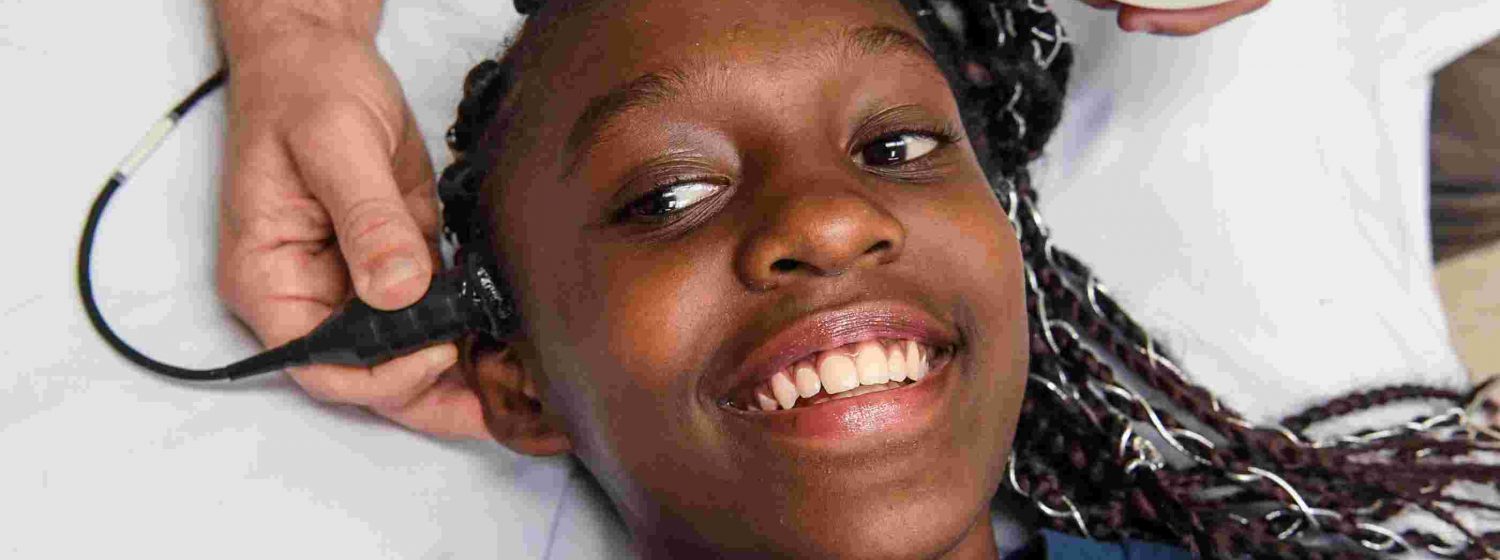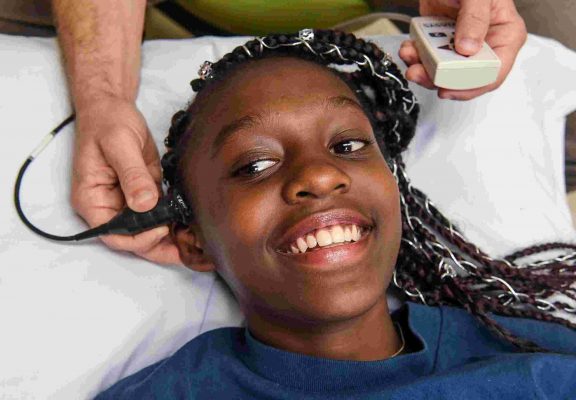

World Sickle Cell Day
Introduction:
World Sickle Cell Awareness Day is held annually on June 19, in order to help increase public knowledge and raise awareness of blood diseases. The date was officially adopted by the General Assembly of the United Nations. The World Health Assembly has called upon affected countries and the Secretariat of WHO to strengthen their response to these conditions. In addition, a resolution was adopted on taking health measures about the prevention and management of genetic diseases for future generations, including sickle cell disease.
Facts:
Sickle cell anaemia affects millions around the world.
Sickle cell anaemia disease is hereditary not contagious.
There is no definitive cure for patients with sickle cell anaemia, but it can be avoided by pre-marital screening.
There is a difference between the sickle anaemia and iron deficiency anaemia.
Like healthy persons, a patient with sickle cell trait does not show symptoms.
Objectives of World Sickle Cell Day:
Increasing awareness of community of the global burden of SCD disorder.
Urging health institutions to pay attention to sickle cell anaemia through developing health programs at the national level and operating specialized centres to facilitate access to treatment.
Raising awareness of the importance of pre-marital screening to reduce transmission of sickle cell disease among generations.
Promoting and supporting research to improve quality of life for those affected.
Official Date:
Globally: June 19th,
Target Groups:
- Sickle cell anaemia patients and their families.
- Those planning to get married.
- Health workers including physicians, nurses and health educators.
- Health decision-makers.
- Health associations and organizations.
Related Link:
AHO President Statement in Support of World Sickle Cell Day 2020
I speak today to recognise World Sickle Cell Day, which takes place on June 19, and which was established by the United Nations Generally Assembly in 2008. More than a decade later, I, on behalf of the Africa Health Organisation (AHO), recognise World Sickle Cell Day on the same day, June 19.
Effective awareness worldwide continues to remain fundamental in eradicating sickle cell disease. Various government organisations, global health agencies, and non-government organisations work tirelessly to aid those with sickle cell. But still, upsettingly, sickle cell is one of the most common genetic diseases in the world. A disease that affects most countries in Africa.
In Africa, the majority of children with the most severe form of the disease die before the age of 5, usually from an infection or severe blood loss. In countries such as Cameroon, Republic of Congo, Gabon, Ghana, and Nigeria the prevalence is between 20% to 30% while in some parts of Uganda it is as high as 45%.
To communicate the importance of preparing for transition to those impacted both directly and indirectly by sickle cell, AHO will specifically:
- Exert its best efforts to increase awareness regionally and internationally of the burden of this disease.
- Leverage its network of partners to promote equitable access to health services.
- Extend technical support to countries to help ensure prevention and management.
- Work to support research in an effort to improve quality of life for those affected.
To our region’s country governments, I kindly advise collaboration with local sickle cell organisations and engage with patients and their families about the struggles they face daily.
In further support of our incredible sickle cell community, I would like to make an appeal to the public:
- Where possible, please support the people suffering from sickle cell disease and their families. Take the patients to the nearest health facility for care and treatment.
- Those who are mothers and have babies aged two-years-old or younger, take them for sickle cell testing to know their status early.
- For our couples, it is recommended to screen for sickle cell before marriage.
We have come a long way in better understanding the disease; however, there is much more to learn and much more work to be done.
Let today be a day where we celebrate the strides made while we push forward towards eradicating sickle cell disease. Thank you.
Graciano Masauso, President
Written by Zach Malik


